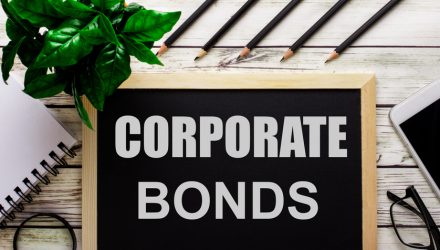Efforts to integrate environmental, social, and governance (ESG) principles into corporate policies and investment decisions faced increasing pressure in 2022, with many investors demanding that companies deliver on their promises.
The number of climate-related lawsuits against companies for a lack of or inadequate action has been going up. In addition to being scrutinized more for their climate efforts, companies are also being held accountable for appropriate board oversight and the maturity of their sustainability strategies and processes.
In light of the risk of ESG-related litigation growing, S&P Global is forecasting that 2023 will test companies on the strength and depth of their sustainability commitments and the priorities they support. Some investors are expected to increasingly check if companies are backing their words with actions when it comes to climate issues.
For the same reasons, the ratings agency also expects company and investor lobbying activities to come under greater scrutiny to ensure they’re consistent with public commitments to both sustainability and fiduciary mandates.
In a sign that companies are understanding the importance of ESG, Barclays is forecasting that global sales of corporate bonds with ESG targets will top $460 billion this year, up from $362 billion in 2022, according to a report from Reuters. Global ESG assets are on track to hit $50 trillion by 2025, according to Bloomberg. So, ESG investing is clearly gaining momentum.
The Vanguard ESG U.S. Corporate Bond ETF (VCEB) seeks to track the performance of the Bloomberg MSCI U.S. Corporate SRI Select Index, which includes U.S. dollar-denominated, investment-grade, fixed-rate, taxable bonds with greater than one-year maturity. To be included in the index, securities are screened for certain ESG criteria. VCEB specifically excludes bonds of companies that engage in adult entertainment, alcohol, gambling, tobacco, nuclear weapons, controversial weapons, conventional weapons, civilian firearms, nuclear power, and thermal coal, oil, or gas.
Additionally, the index also excludes bonds of companies that do not meet certain standards defined by the index sponsor with respect to an ESG controversies assessment, as well as companies that do not meet certain diversity criteria. VCEB carries an expense ratio of 0.12%.
For more news, information, and analysis, visit the Fixed Income Channel.

